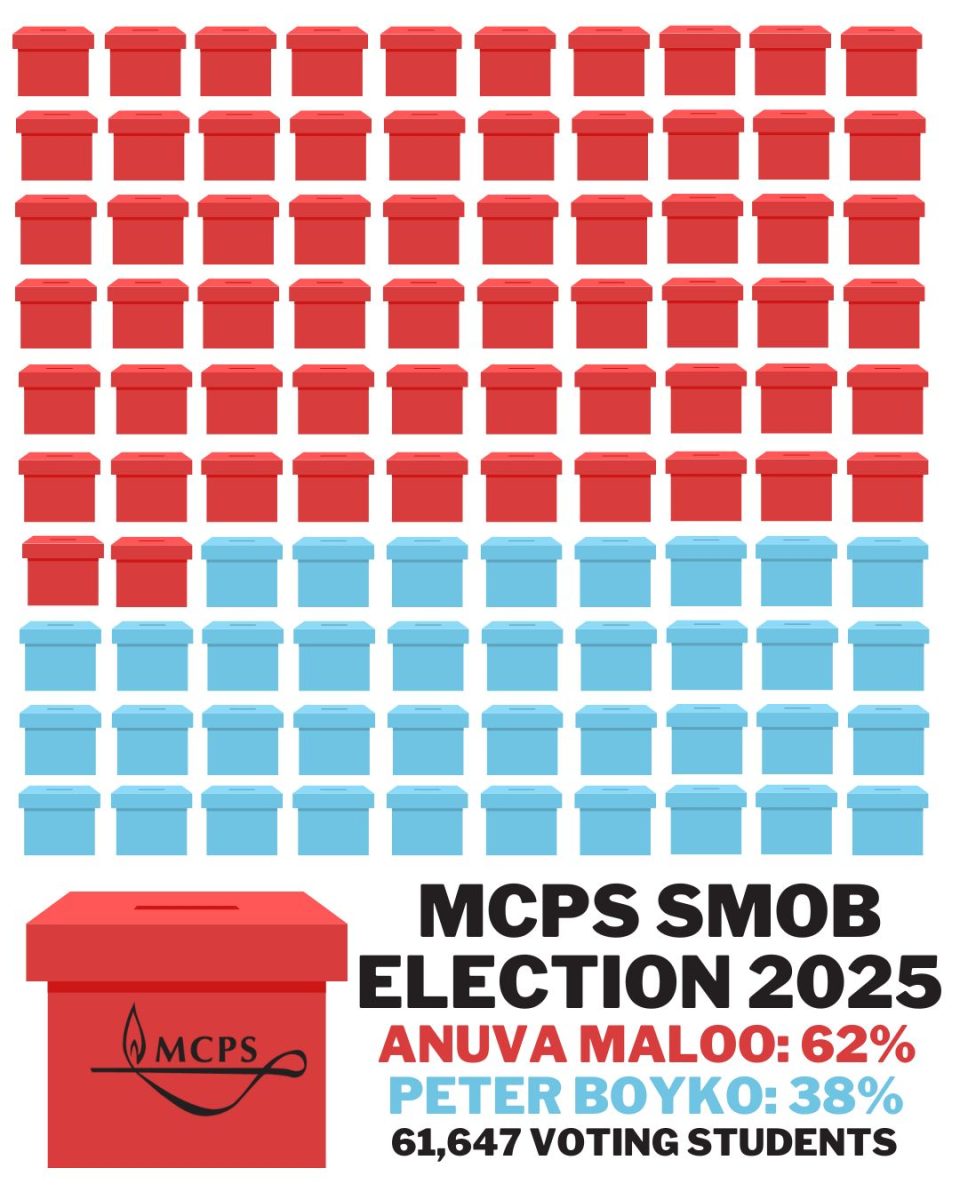Nikki Haley ended her presidential campaign on March 6, after a series of losses during Super Tuesday. This leaves Donald Trump the only Republican candidate for the 2024 presidential elections.
Throughout her campaign, Haley has continued to lag behind Trump, even in her home state of South Carolina. On Feb. 24, Trump won the state’s Republican presidential primaries, gaining approximately 60 percent, with Haley falling behind at 40 percent and all other candidates capturing less than 1 percent.
Additionally, polls by FiveThirtyEight averaged 63.6 percent for Trump and only 33.2 percent for Haley, as of Feb. 20.
Furthermore, a poll from Winthrop University shows that Trump has a 36 percent lead on Nikki Haley, with independents split between the two candidates (42.6 percent and 42.3 percent respectively). These polls came after she received poor results from the vote in New Hampshire and Nevada, and the caucus in Iowa.
On February 6 in Nevada, with Trump and Desantis’ names off of the ballot, Haley still received less votes than a “none of these candidates” option. These polls and statistics show how hard it would have been for her to pass Trump in her home state in the primaries. Some RM students did not believe that she would be able to garner the support to beat Trump in the primaries.
“I think that she is a valid alternative to Trump, but I don’t think she has the support she needs to run against Trump. I still think Trump has more voters behind him, so I don’t think she is going succeed, but I think that she could be a viable alternative,” freshman William Liao said.
“A lot of people talk about her, but not many people care enough to vote for her. She’s not doing too great in the polls right now. There’s not a lot going for her,” freshman Anishka Biswas said.
Some RM students believe that a recent incident where she did not mention slavery as a cause of the Civil War has also been a reason for the lack of support for her.
During her campaign, Haley’s campaign manager announced 4 million dollars towards advertising in order to increase support. In her television ad named “Blessed”, Haley emphasized her experience as the governor of South Carolina and the United Nations ambassador for the United States. She also focused her campaign on the Republican viewpoints regarding immigration system, the economy, and foreign policy.
Throughout her campaign, Haley spoke negatively of Trump, noting that other politicians “know what a disaster he’s been, and will continue to be” for the Republican party but are too afraid to say it publically.
Haley had also tried to advertise herself as a better alternative to the increasingly older Joe Biden and Donald Trump, claiming that “[we] won’t win the fight for the twenty-first century if we keep trusting politicians from the twentieth century.”
Numerous RM students believe in the effectiveness of this campaign strategy. “It should be better for younger people to become more involved in politics because they are the ones who are going to live with the consequences of the decisions they make in office,” Liao said.
“A lot of people think that Trump and Biden are really old, so it is a good way to appeal to the people that really don’t want to vote for Trump and Biden specifically for their age,” Biswas said.
After her loss in South Carolina, Haley vowed to keep campaigning until at least after Super Tuesday, on March 5.
During her announcement, she did not endorse any other candidate but said, “It is now up to Donald Trump to earn the votes of those in our party and beyond it who did not support him, and I hope he does that.”
If you would like to voice your opinion on an issue you feel is relevant to our community, please do so here. Anyone is able and welcome to submit a Letter to the Editor, regardless of journalistic experience or writing skills. Submissions may be published either online or in a print issue.









